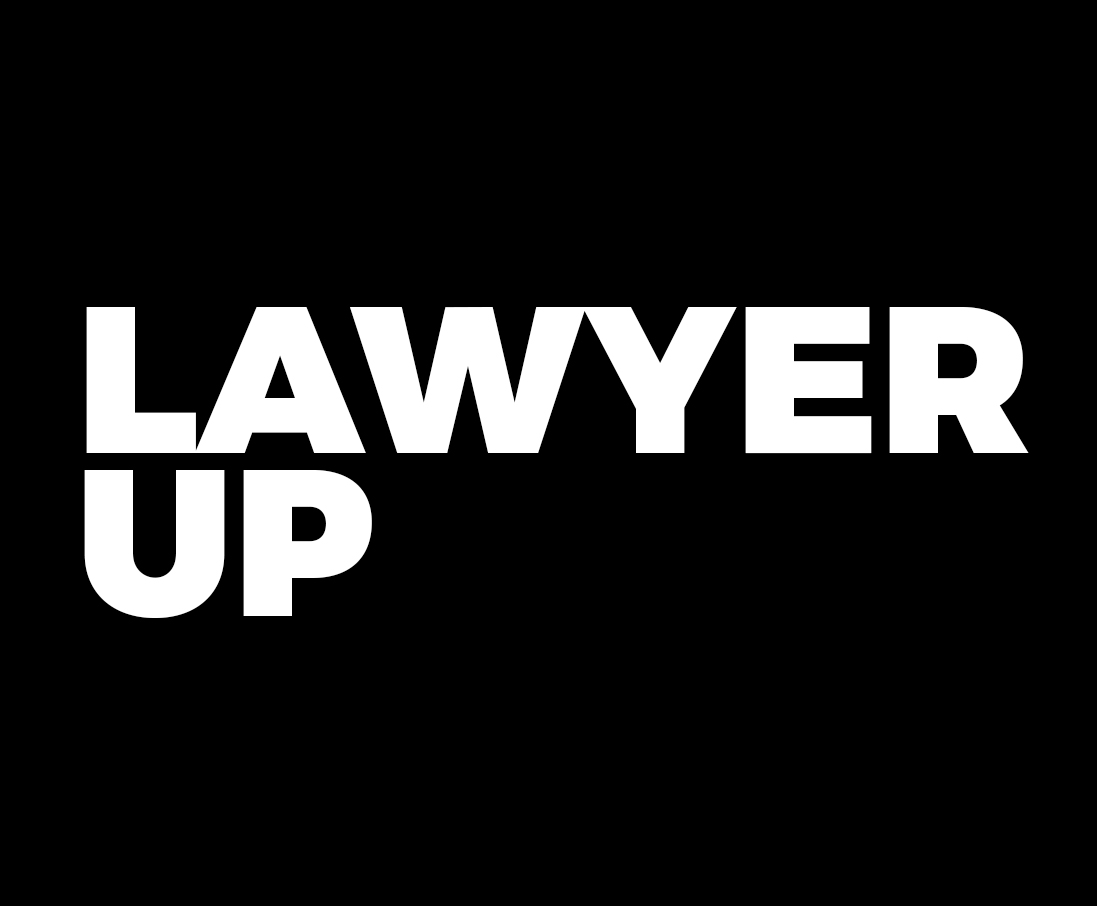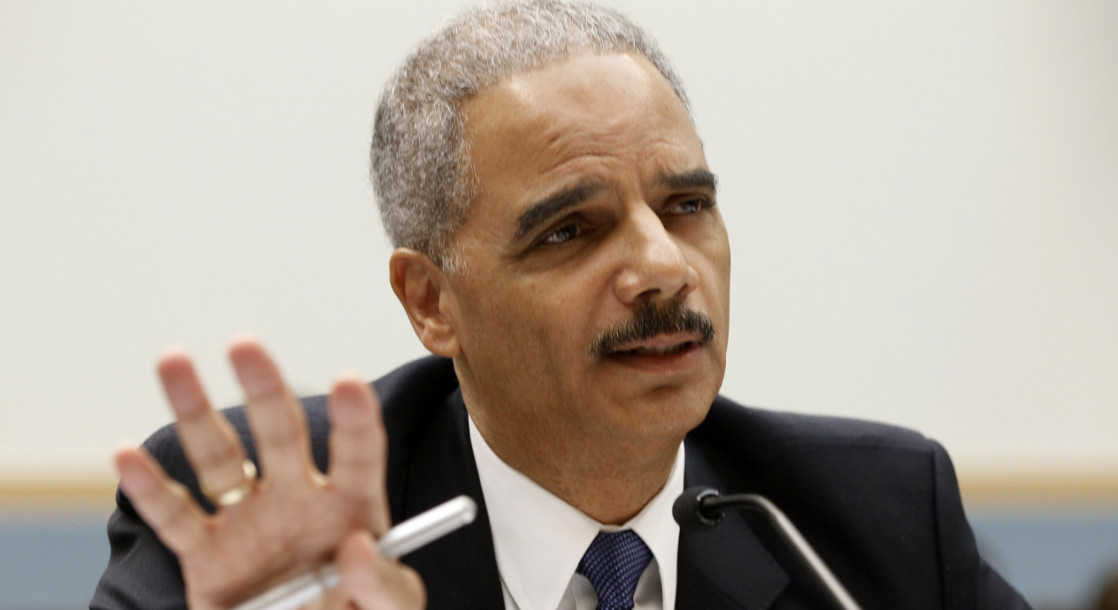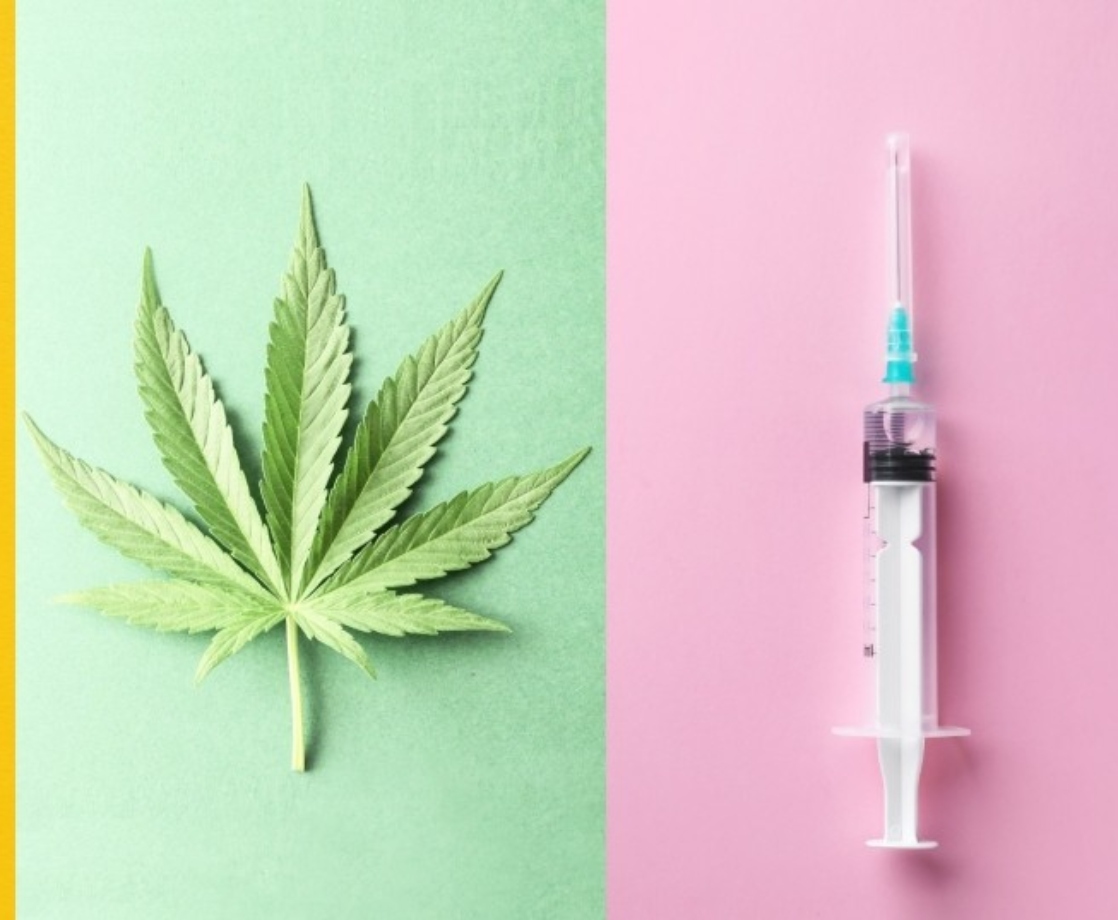Disclaimer: This column is written for educational purposes only. It does not provide specific legal advice and does not create an attorney-client relationship. This column should not be used as a substitute for competent legal advice from a licensed attorney in your state.
We’ve heard the stories about the rampant drug use and abuse during the Vietnam War. We’ve seen Reddit threads about deployed soldiers in Afghanistan smoking marijuana and hash. If you ask former service members, they’ll tell you that marijuana use in the military is quite common. According to one former Army member, “Honestly, after your first 24 hours in the army and every day after, you would make a deal with the devil for a big fat joint.” But they’ll also tell you that fellow members are “separated” from the service with some regularity due to positive drug tests or the discovery of joints and paraphernalia.
But is marijuana use in military as rampant as we think? Overall positive drug tests in the military have been on the decline — with only 0.97% of tests returning positive for illicit drug use — the lowest since the military’s drug testing program began in the early 1970s. And what are the consequences for service members who test positive for substances such as THC? This week, we’ll look at the evolution of the Department of Defense’s drug testing policy and the consequences of positive drug tests.

DoD’s Drug Policy
According to the Department of Defense, drug use is incompatible with military service and has the potential to compromise sensitive National security situations. The DoD’s policy is that drug use can impair performance and negatively impact a service member’s readiness to work in hazardous conditions. The DoD began to establish its military drug program in 1971 after the Vietnam war. Due to significant use and abuse of marijuana and heroin, President Nixon directed a military drug urinalysis program to identify service members returning from Vietnam who might require rehabilitation. At that time, nearly 16,000 military members admitted to having a drug abuse problem.
In 1974, the DoD issued Instruction 1010.1, establishing random drug testing primarily as a way to identify service members who might need drug treatment. However, the program was not successful at deterring drug use. A 1980 survey showed that 27.6% of service members had used an illegal drug in the past 30 days, with some units having numbers as high as 38%. In 1981, a devastating aircraft accident aboard the USS Nimitz killed 14 people, injured 48 more, and caused over $150 million in damage to military equipment. Six of the deceased had THC metabolites in their body, and while marijuana was not determined to be the cause, it was a contributing factor.
After the accident, the Deputy Secretary of Defense issued Memorandum #62884, authorizing punitive actions including court martial or administrative separation for use of marijuana and other illegal drugs. By 1985, the 30-day positive drug test rate dropped to 8.9% of service members. In 1988, marijuana drug testing began for applicants seeking to enlist through the Military Entrance Processing Station (MEPS). All branches of the military, including the Army, Navy, Air Force, Marine Corps, Coast Guard, National Guard, Air National Guard, reserves, appointees to the service academies, incoming members of the ROTC, and officer candidates must be drug tested through MEPS.
Military Drug Testing Procedures
DoD’s current drug policy under Instruction 1010.16 is to conduct testing during both initial entry into the military and while service members are on active duty after enlistment or appointment. Reserve officers and members with a break in service of more than six months are also tested. Initial applicants seeking entry through MEPS are generally given three attempts to test negative. After they test positive the first time, they enter a “disqualification period” of 45 days from the date of the test, during which they are not eligible to enroll in the military. After a second positive test, they are disqualified from entering for 24 months. After a third positive test, the applicant is permanently disqualified from military service.
The DoD Drug Demand Reduction Program (DDRP) sets forth the military’s policy of compulsory random drug testing with punitive consequences, anti-drug education, and outreach programs. There are five different types of military drug testing: Random Urinalysis, Probable Cause Urinalysis, Consent Urinalysis, Inspection Urinalysis, and Commander-Directed Urinalysis. Random drug tests occur on any given day. Typically, a computer program randomly selects service member who must then provide a urine sample within two hours.
Probable Cause testing occurs when a commander has a reasonable belief that a member recently used drugs or that the drug or its metabolites would be found in the member’s system. Consent testing occurs any time a commander or investigator asks a service member to voluntarily provide a sample. Military members have an absolute right not to consent to a voluntary test. An Inspection test usually occurs during a “unit/command sweep” where the commander orders the entire unit or command to submit to testing. Inspection testing cannot be used as a subterfuge for probable cause or consent urinalysis in cases where the commander doesn’t have enough evidence for a probable cause urinalysis. Commander-Directed testing may occur any time a commander has a reasonable suspicion of drug use or involvement. Commanders are permitted to drug test to assess the “security, military fitness, readiness, good order, and discipline of their commands.” If any tests come back positive, commanders may take disciplinary or administrative action.
Consequences of a Positive Drug Test
DoD has adopted a Zero Tolerance drug policy — any unlawful drug use or possession will result in discipline or administrative separation. Positive drug tests are reported back to a service member’s command for disciplinary action, typically under the Uniform Code of Military Justice (UCMJ), or for administrative action. Non-judicial punishment under Article 15 of the UCMJ could result in loss of pay or rank and extra duties. Administrative action refers to “administrative separation” — being involuntary kicked out of the military under either “dishonorable” or “other than honorable” circumstances. Some have even been imprisoned for failed drug tests.
THC is undoubtedly the primary “drug of abuse,” with 66% of tests returning positive for THC or its metabolites. The next closest is cocaine at 14%. Enlisted personnel who test positive for THC alone will be discharged unless the Secretary of the Military Department grants a waiver after conducting an individual assessment of the particular case. In other words, it can help a member to have good relationships with his or her superiors.
Those applying for officer level positions will not be allowed to take such positions if they test positive for THC. Officers testing positive for THC after their appointment are not automatically given a dishonorable discharge. Rather, they are given an honorable discharge or “general discharge under honorable conditions,” unless other misconduct warrants a discharge under “other than honorable” conditions. Other than honorable discharges are no joke. They can result in a loss of VA and education benefits, as well as the loss of veterans’ hiring preference for federal jobs.
Whether or not marijuana use is widespread in the active duty population, the DoD’s policy on marijuana is as strict as ever, and the consequences can be dire. Former service members warn that smoking marijuana or using any other type of drug is a very, very bad idea. While service can be extremely difficult, stressful, and taxing on the body and mind, the consequences almost certainly outweigh the benefits, thanks to Zero Tolerance. In the words of one anonymous former soldier: “Weed will inhibit your ability to remember your training, follow orders, and react properly to rapidly changing situations. Forgetting shit or making the wrong decision will get you killed.”











